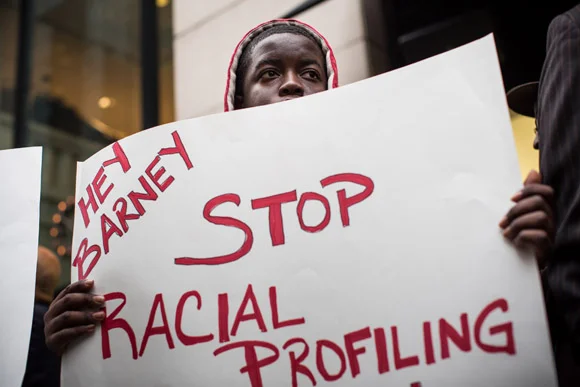What is your threshold for holding true to your values or selling out to make your business successful? It’s a question that every entrepreneur will have to ask themselves as they work to build their brand and increase revenue. A few weeks ago, I met CEO of Seventh Generation, John Replogle, who told a story of how he worked for a well-known company that always pushed him to meet the bottom-line at any cost. He found himself conflicted as a businessman because he believed in ethical business practices that were environmentally sustainable and mutually beneficial to consumers, employees, and the company. After careful thought, he decided to resign with faith that he would be able to find or create a position that aligned with his values. His story inspired me to think more deeply about the challenges that Black entrepreneurs face in holding true to their values while pursuing economic success.
We have seen it time and again — consumers holding Black business owners’ feet to the fire when it comes to taking a stand against hot-button political issues like racial profiling and police brutality. Look no further than the national backlash that Jay-Z got for taking the side of Barney’s when they accused a young Black male customer for stealing a $1000 belt because they thought he could not afford to buy it outright. Since then Jay-Z has spent a significant amount of money in charitable giving to support mentorship programs for Black boys, etc. and his wife, Beyonce, has become more vocal in her music to protest police brutality. While most people criticized Jay-Z’s decision to side with Barney’s as proof that he is too far removed from the everyday lived experiences of Black men and women who experience racial microaggressions, I saw a bigger picture. He had to appease his corporate partners to maintain lucrative business deals. Similarly, Beyonce made money from her political statements. They are smart business people because they found ways to satisfy their consumer base while generating revenue and maintaining amicable corporate relationships. Yet, some might say that they “sold out” because they were not vocal or radical enough in their support of protest movements. How many Black entrepreneurs face similar choices to balance their economic interests with their desire to challenge racial inequality?
As a Black entrepreneur, I constantly have to make decisions about the boundaries I am willing or not willing to cross to maintain my integrity. Some people doubt that capitalism and social justice can be complementary because of the basic premise that capital is created by making profit from the exploitation of human labor and resources. Luckily, there are also models of building businesses that are sustainable, profitable, and ethical. More companies are pledging to pay employees a living wage, solicit environmentally friendly and locally sustainable businesses, and take political stands against multiple forms of injustice.
Community Expert Solutions has outlined a set of guiding principles to shape its business practices and sustainable growth. The boundaries I have set for my company are guided by my vision to leverage the strengths of community members, employ and train people of color and those from marginalized communities, and generate health and wealth within local economies. When faced with opportunities for investment, corporate partnerships, peer collaborations, and more, you need to always keep your values and vision in focus.
These resources may be useful as you develop your company and challenge the status quo:
bcorps.com
zebrasunite.com
https://www.digitalundivided.com/
http://blackfounders.com/
https://www.groundworkict.com/
http://archive.exitevent.com/article/scot-wingo-guide-to-triangle-accelerators-incubators-workspaces-150812

